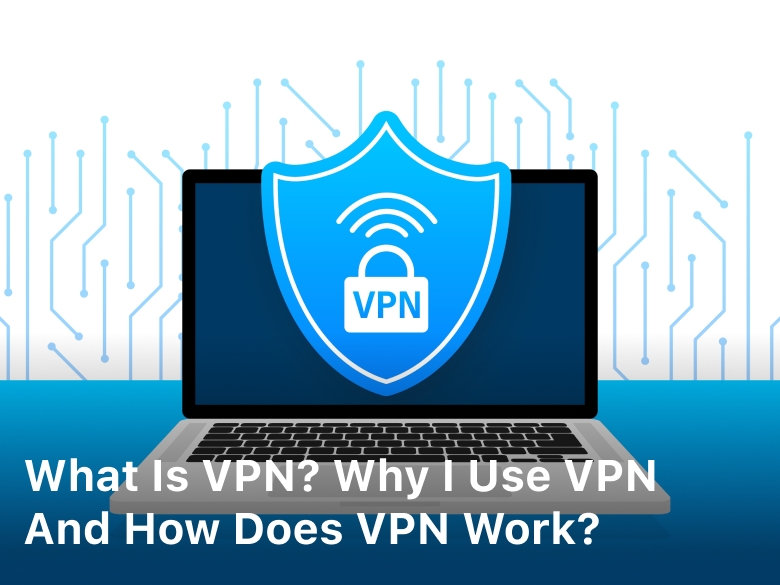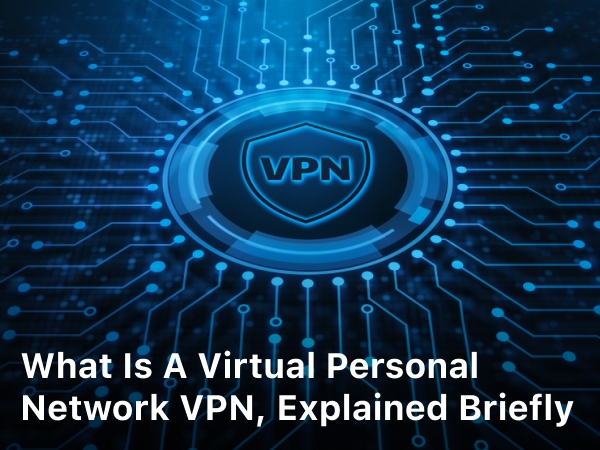Benefits of VPNs and How to Choose the Right VPN for You
What is a VPN and How Does it Work?
A Virtual Private Network (VPN) is a technology that allows you to securely connect to the internet and protect your online activities from prying eyes. It works by creating an encrypted tunnel between your device and the internet, allowing your data to be transferred safely and securely. VPNs are an important tool for protecting yourself online, as they can help you maintain your privacy and security while using the internet. In this article, we’ll explain how VPNs work and why they are so important for keeping your data safe.
The Benefits of Using a VPN
Using a VPN (Virtual Private Network) offers several benefits that can help protect your online privacy, security, and anonymity. Here are some of the key benefits of using a VPN:
- Enhanced Privacy: When you use a VPN, your internet traffic is encrypted and routed through a private server, making it more difficult for others to track your online activities. This is particularly important when using public Wi-Fi networks, as these networks are often unsecured and leave you vulnerable to hackers and snoopers.
- Improved Security: VPNs can help protect your online security by encrypting your internet traffic and hiding your IP address. This makes it more difficult for hackers to intercept your data or launch a cyber attack against your device.
- Access to Geo-Restricted Content: Many websites and online services restrict access to users based on their location. By using a VPN, you can bypass these restrictions and access content that would otherwise be unavailable in your region.
- Anonymous Browsing: VPNs can help you browse the internet anonymously by hiding your IP address and location. This makes it more difficult for websites, advertisers, and other third parties to track your online activities.
- Safe Torrenting: If you frequently download or share files using BitTorrent or other P2P protocols, a VPN can help protect your privacy and security by encrypting your internet traffic and hiding your IP address.
Overall, using a VPN can help protect your online privacy and security, while also providing access to restricted content and enabling anonymous browsing. However, it’s important to choose a reputable VPN provider and take steps to ensure that your device and internet connection are secure before using a VPN or read our other article about what VPN can do for you.
Understanding Different Types of VPN Protocols & Encryption Standards
VPN protocols and encryption standards are the backbone of secure and private internet communication. Here’s a brief overview of the most commonly used VPN protocols and encryption standards:
- PPTP (Point-to-Point Tunneling Protocol): PPTP is a widely used VPN protocol that offers fast connection speeds but is considered less secure than other protocols. It uses a 128-bit encryption key, which is not as strong as other encryption standards.
- L2TP/IPSec (Layer 2 Tunneling Protocol/Internet Protocol Security): L2TP/IPSec is a more secure VPN protocol that offers better protection than PPTP. It uses a combination of encryption and authentication methods to ensure secure communication.
- OpenVPN: OpenVPN is an open-source VPN protocol that offers excellent security and performance. It uses a custom security protocol based on SSL/TLS encryption, which makes it difficult for hackers to intercept and decrypt traffic.
- SSTP (Secure Socket Tunneling Protocol): SSTP is a VPN protocol that uses SSL/TLS encryption, making it a highly secure option for online communication. It is commonly used in Windows-based systems and offers excellent performance and compatibility.
- IKEv2/IPSec (Internet Key Exchange Version 2/Internet Protocol Security): IKEv2/IPSec is a highly secure VPN protocol that offers excellent performance and stability. It uses a combination of encryption and authentication methods to ensure secure communication.
In addition to the VPN protocols listed above, there are also different encryption standards that are used to secure VPN connections. Some of the most commonly used encryption standards include AES (Advanced Encryption Standard), 3DES (Triple Data Encryption Standard), and RSA (Rivest-Shamir-Adleman). These encryption standards are used in combination with the VPN protocol to provide secure and private communication.
When choosing a VPN provider, it’s important to consider the security and privacy features offered by the service. Look for a VPN provider that uses the latest encryption standards and protocols, and that has a strong track record of protecting user privacy and security. By choosing a reputable VPN provider and understanding the different types of VPN protocols and encryption standards, you can ensure that your online communication is secure and private.
How to Choose the Right VPN for You
When it comes to choosing the right VPN for you, there are a few important factors to consider. First, you need to compare different VPN pricing plans and determine which one best fits your needs and budget. You should also consider the speed of the service provider, as this can greatly affect your online activities. With so many options available, it is important to take the time to research and find the right VPN for you.




